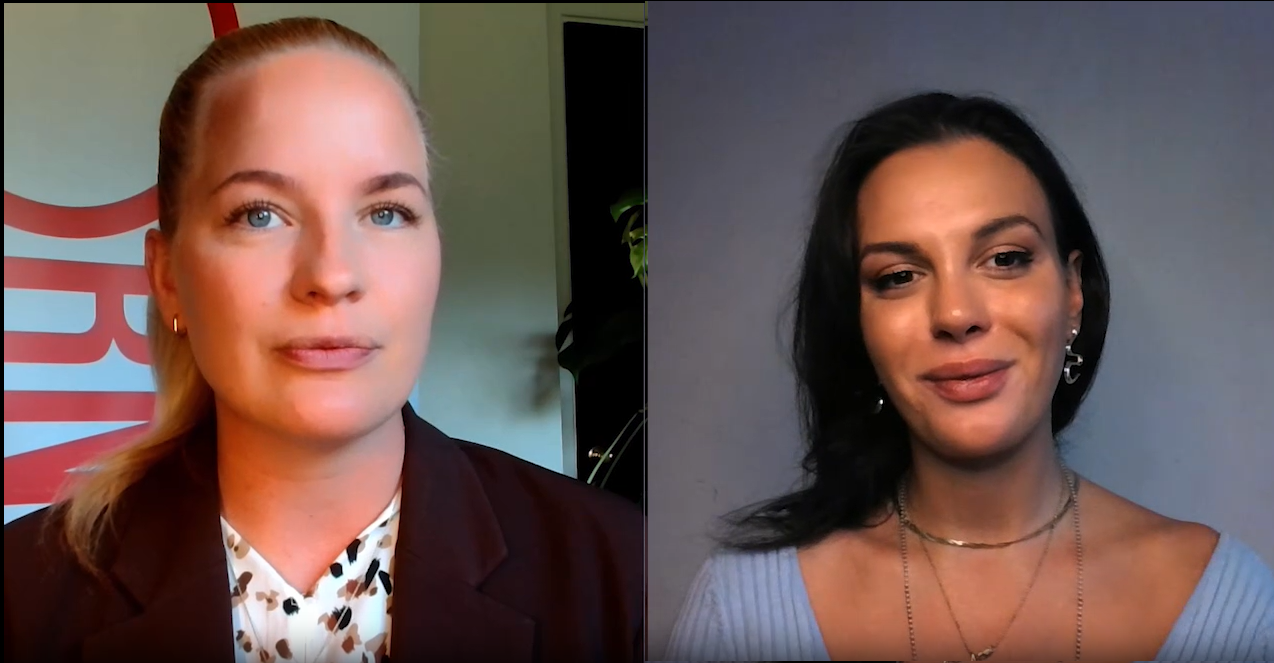Holly Black: Welcome to Morningstar. I'm Holly Black with me is Alexander Chartres, he's manager of the Ruffer Total Return Fund. Hello
Alexander Chartres: Hi, Holly, how are you?
Black: So, do you want to tell us, just briefly, what the fund does?
Chartres: Yes, so the fund's objectives are very simple. We want to protect and grow our investors capital in all market conditions.
Black: So, it sounds simple enough. How has that played out in 2020?
Chartres: Well, this year performance has been solid. We came into the year expecting potentially a substantial market drop and we had lots of unconventional protections in portfolios that really proved their worth back in March. And having preserved capital during the intense phase of the crisis earlier this year we were in a position to pick up attractive assets when basically everything was on sale during the March rout. So that enabled us to participate in a lot of recovery during the second quarter.
Black: So, you've had quite a higher allocation to bonds this year. What's your sort of thesis behind that?
Chartres: Well, we own inflation protected bonds. And the thesis is really that for many years we felt debt is the big elephant in the room for markets and the overwhelmingly likely way that it would be dealt with is through financial repression, which simply means interest rates would be kept low, and inflation would be pushed or allowed to run well ahead of it and the bigger the gap the deeper financial repression, and that's exactly the set of circumstances that drives these inflation protected bonds. Now this year of course, we've had an extraordinary deflationary shock in the shape of the Coronavirus tragedy. And the bonds have performed well in that as well. Our thesis is that the crisis has really accelerated a lot of the things that were already happening in markets, and that's likely to create a more inflationary road ahead, with deeper financial repression and so that allocation to inflation protected bonds, is a key long-term position for the fund. That's also done very well during this year's turmoil.
Black: And I suppose one other theme this year that's been quite prominent, is the leadership of growth stocks? Are you expecting that to continue, or do you think value could come back?
Chartres: Well, the way we'd approach that question is a portfolio balance angle. So the drivers that have been so helpful for growth stocks. In other words, falling interest rates, low levels of inflation, and earnings growth, that's frankly been quite hard to find outside a very narrow group of market leaders. Those things have also been very good for bond investments, and those include the inflation protected bonds we've just spoken about. Now our approach to markets is to build balance portfolios that work in a wide range of scenarios, so we've already got exposure to those duration assets in the shape of the index linked bonds and the shape of our gold holdings, for example. And that means we want something with a different flavor in our equity book, and so we own predominantly cyclical and value equities. Things that are more sensitive to the real economy and those will do much better if you get a bit more inflation. If the economic recovery kicks in next year in a more sustainable way.
Black: So, one area I know you've been looking at is Japan. What are you finding interesting about that market?
Chartres: Investors have suddenly woken up to the fact after this year's extraordinary pandemic related fallout that actually more prudent balance sheets might be quite a good thing. And so, as American and western companies have been slashing their dividends and holding off their share buyback schemes, Japanese companies have been able to keep paying or even growing their payouts with their more prudent balance sheets. So, you can own world class companies with solid balance sheets and very attractive earnings growth. And it's a serious part of our equity allocation as a result.
Black: Alex, thank you so much for your time. For Morningstar I'm Holly Black.




























